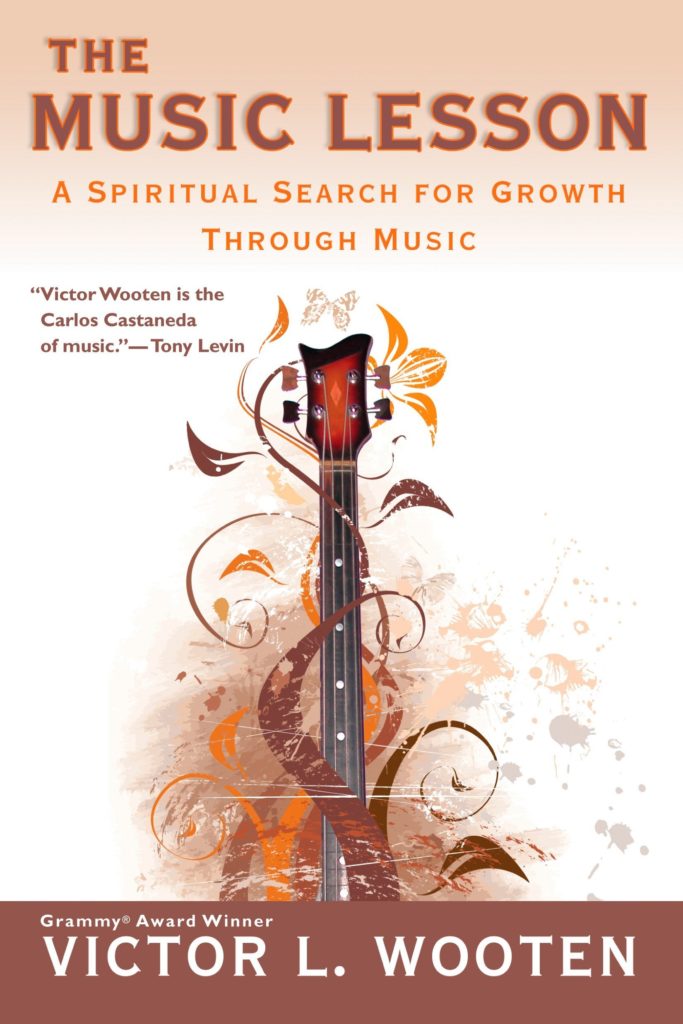
I just finished reading The Music Lesson. It was a very odd book. It’s going to take a bit to sink in.
Based on the intro, I was under the impression that it was a true story. At first that made me a bit of a skeptic, but once I realized it was a work of fiction meant to present lessons in the manner of Aesop’s Fables or a set a parables, it was much easier to enjoy.
It doesn’t say much about how to write or perform music, but it also teaches you how to learn everything you need to know about it.
It made total sense, but also didn’t. Some of the lessons are more ephemeral than others, and you’ll have to “feel” them rather than grasp them intellectually.
If you read it and think about the concepts in it and put them into practice, you will become a better musician, no matter your primary instrument. The core idea is that you should get to a state where you don’t have to think about notes or scales and music just flows through you, and each lesson is something that you’ll need to master in order to get to that point.